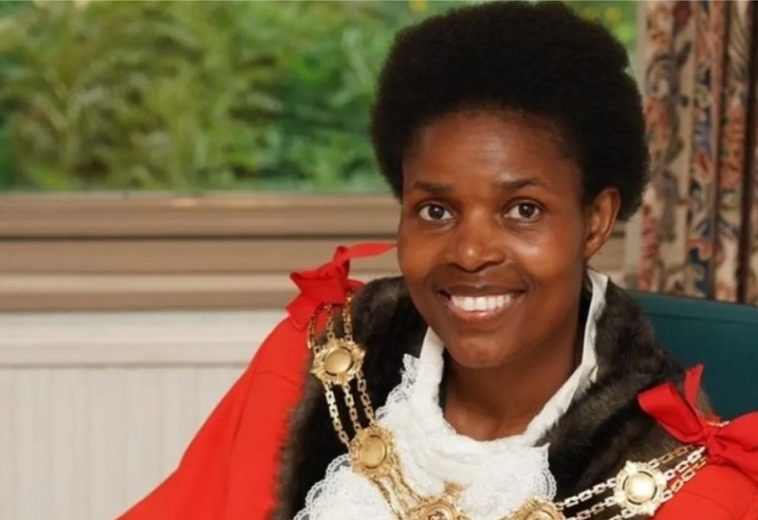As Africa continues to navigate the creative world, its writers are carving out a distinct niche rooted in African art and culture. The need for contemporary African stories that resonate with modern audiences while remaining deeply connected to African traditions has fueled the rise of Afrofuturism. This genre blends science fiction, speculative imagination, and African diasporic experiences.
The origins of Afrofuturism as a movement can be traced back to the 20th century, with figures such as W.E.B. Du Bois, who envisioned technological advancements in Africa. Through his work, Du Bois proposed an intellectual and cultural future for Africa that stood in stark contrast to the colonial narratives of his time. This vision laid the foundation for the emergence of literature, music, and visual arts that would later be recognised as Afrofuturism.
The term “Afrofuturism” was first coined in the late 1990s by Mark Dery. It draws inspiration from a variety of sources, including African mythology, science fiction, and the Afrocentric movements of the 20th century. The concept gained further popularity through the work of authors like Octavia Butler and musicians such as Sun Ra, whose narratives and sounds provided a blueprint for Afrocentric storytelling.
Over the years, Afrofuturism has evolved, manifesting in various forms of art, from visual arts and literature to music and fashion. Artists utilise this framework to explore themes of identity, technology, and the future, creating works that challenge existing paradigms and offer fresh perspectives on African experiences.
Visual artists like Kehinde Wiley and Yinka Shonibare have brought Afrofuturism to prominence by incorporating its elements into their work, blending traditional African aesthetics with modern themes. Similarly, in African literature, authors are merging African folklore with futuristic settings, crafting worlds where technology and tradition coexist in complex ways. Nnedi Okorafor’s novels, such as Binti and Who Fears Death, are prime examples of this art form.
Afrofuturism has also significantly impacted the music industry. African musicians are blending traditional rhythms with electronic sounds and futuristic themes. Artists like Burna Boy fuse Afrobeat with global influences, creating a distinctly contemporary and forward-looking style. Iconic performers like Angélique Kidjo and Nigeria’s Wizkid are pushing the boundaries of traditional African music by incorporating futuristic elements and experimenting with new sounds.
The fusion of electronic beats and global influences in African rhythms exemplifies the Afrofuturist vision, demonstrating its ability to transcend cultural boundaries and reimagine African identity in a global context.
Afrofuturism is also evident in the film and animation industry. The movie Black Panther serves as a prominent example, transporting viewers to the fictional, technologically advanced African nation of Wakanda. This kingdom, rooted in traditional African aesthetics and customs, showcases the power of reimagining African identity on a global stage.
As Afrofuturism continues to gain attention and acclaim from both African and international audiences, it faces certain challenges. Some critics argue that the movement lacks originality and authenticity concerning African cultures. Others contend that it has veered towards commercialisation, with corporate interests exploiting its themes for profit.
Despite these challenges, Afrofuturism remains a powerful creative force within African art and culture. By blending African heritage with science and technology, it acknowledges and embraces deviations from existing norms, positioning itself as a central paradigm for innovative approaches. As this movement progresses, the dynamics of transnational mobility will profoundly impact the cultural life of Africa and its diaspora, shaping the way the future is envisioned.




